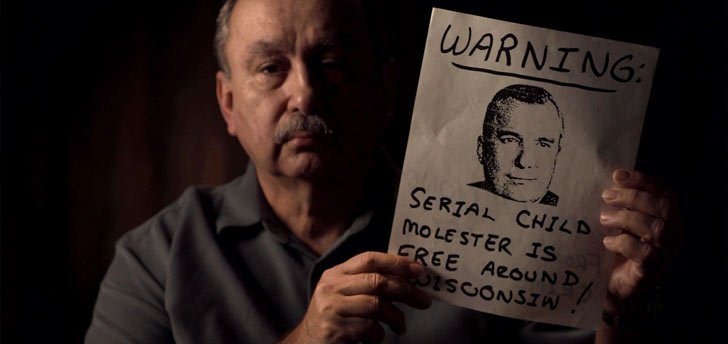Being insulted, Olanna leaves and returns to her own flat. Ugwu the houseboy witnesses it all, and tells his master.
This is the beginning of chapter 5:
“Olanna looked at Odenigbo through the glass for a while before she opened the door. She closed her eyes as he walked in, as if doing so would deny her the pleasure that the scent of his Old Spice always brought. He was dressed for tennis in the white shorts she had often teased him were too tight around his buttocks.”Note that in this chapter, Chimamanda Ngozi Adichie focuses on Olanna’s point of view. Do you think that is how she would think in that situation?
_____________________________________________
Now look at these lines:
“[Olanna] watched [Ugwu] go back to the kitchen, thinking of what she had said. Nothing can divide us. Of course Odenigbo’s mother’s medicine from the dibia—indeed, all supernatural fetishes—meant nothing to her, but she worried again about her future with Odenigbo. She wanted certainty. She longed for a sign, a rainbow, to signify security. Still she was relieved to ease back into her life, their life, of teaching and tennis and friends that filled the living room. Because they came in the late evenings, she was surprised to hear the doorbell ring 1 afternoon, a week later, when Odenigbo was still at a lecture. It was Richard.”I wonder if I’m being nit-picking, but there are 3 different things in this paragraph—Olanna’s feeling of uncertainty regarding her relationship with Odenigbo, her relief as things are back to normal after his mother’s gone, and Richard’s surprise visit. It feels strange to condense them in 1 paragraph, especially the transition from the 2nd to the 3rd thing.
_____________________________________________
“Odenigbo’s mother’s visit had ripped a hole in her safe mesh of feathers, startled her, snatched something away from her. She felt 1 step away from where she should be. She felt as if she had left her pearls lying loose for too long and it was time to gather them and guard them more carefully. The thought came to her slowly. She wanted to have Odenigbo’s child.”I shall not comment on the prose in that paragraph. The narrator goes on to tell us that they never discussed children, once Olanna mentioned it and he said “to bring a child into this unjust world was an act of a blasé bourgeoisie”.
Now, at the end of chapter 5, 1 morning Odenigbo wakes up Olanna “by taking her finger in his mouth”, and all of a sudden suggests that they have a child.
“Olanna had wanted to give the scent of his mother’s visit some time to diffuse before telling him she wanted to have a child, and yet here he was, voicing her own desire before she could. She looked at him in wonder. This was love: a string of coincidences that gathered significance and became miracles.”And that kills it.
I’ve decided to stop reading Half of a Yellow Sun.


